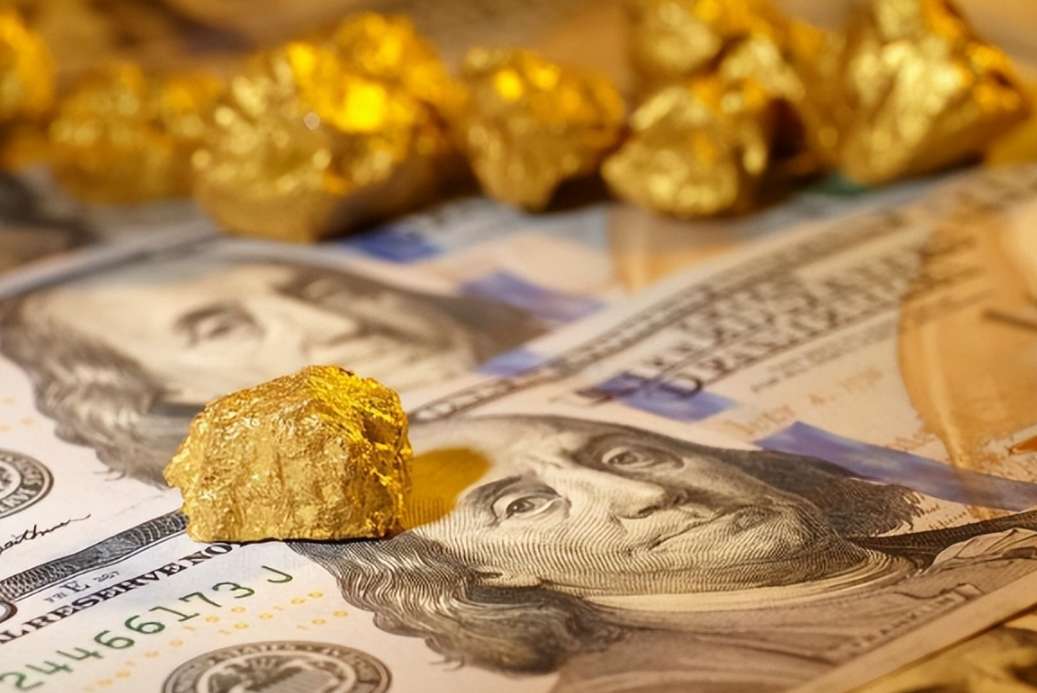Dollar Hegemony in Question: China's Role?
Advertisements
The recent developments in the United States have sent ripples through not only the financial sector but also the global economy, raising eyebrows and igniting discussions about the future of the dollar and American economic dominance. The unusual moves made by President Biden alongside billionaire entrepreneur Elon Musk signal a potential upheaval within the operations of deep-seated interest groups in the country. It was startling to witness a significant exodus of gold from various nations to the U.S., with Federal Reserve Chair Jerome Powell clearing out numerous boxes and file cabinets as though preparing for a seismic shift in the economic landscape.
At the same time, the elite classes in New York appear to be making strategic retreats, with the famed Rothschild family drastically reducing their holdings in U.S. bonds and instead opting to bolster their gold reserves. What does all this mean? Are we on the brink of economic turmoil in the U.S.? The barrage of gold entering the country raises questions about whether the actions of the President and Musk could challenge the supremacy of the dollar on the world stage.
The movement of gold could very well be an act of veiling the vulnerabilities of the American financial system. The actions of the President and Musk can be interpreted as a direct confrontation against entrenched interest groups, labeling them as reformist efforts that potentially threaten U.S. hegemony. Another focal point in this unfolding drama is the Fort Knox Gold Reserve—a facility which has oddly gone without an audit for over fifty years, often regarded as the most secure location in the world.
Fort Knox symbolizes a critical repository for American wealth, housing more than half of the government's gold reserves. This brings us to a compelling question: why are both the President and Musk suddenly interested in Fort Knox? The roots of this intrigue lie deep within the annals of American history.

Rewind to the 1960s—an era when the U.S. was mired in the Vietnam War, grappling with a serious fiscal crisis. Whispers began to circulate that Fort Knox had run out of gold, largely due to misappropriation by the government or corruption among officials. The infamous termination of the Bretton Woods system by President Nixon can be traced back to concerns surrounding insufficient gold reserves; the news of deficits at Fort Knox had reached alarming ears, prompting France to demand the exchange of dollars for gold.
The implication is clear: Fort Knox might be in a state of depletion, with various interest groups likely aware of this fact and tacitly accepting it. The lack of audits over five decades speaks volumes about the tacit understanding between these groups, prompting the actions of the President and Musk to resemble an unmasking of secrets they've long kept hidden.
In the midst of this turbulence, the mass transit of gold into the U.S. and Powell’s sweeping cleanouts signal an urgency that can hardly be overlooked. The retreat of New York’s elite and the Rothschild family’s decision to pivot towards gold instead of American bonds underline a serious crisis regarding U.S. debt—an area where confidence is increasingly waning worldwide.
Despite gold being the go-to asset in times of uncertainty, the dollar still remains the cornerstone of American credibility and the primary reserve currency globally. The more countries sell off their U.S. bonds—even major players like the Rothschild family—the clearer the extent of the debt crisis becomes. This crisis is deterring many from placing faith in the stability of the dollar and, by extension, in the American economy itself.
This predicament may explain President Biden's overtures towards China since taking office. High-level communications between U.S. officials and their Chinese counterparts have become more frequent, as seen in a notable conversation on February 21 between U.S. Treasury Secretary Janet Yellen and leadership figures from China. Yellen articulated two key points: a recognition of the significance of the U.S.-China economic relationship and a commitment to continued dialogue over crucial issues.
The successful communication demonstrates that discussions surrounding America’s debt and tariffs against China need ongoing attention, establishing a framework for future negotiations. The growing interconnectedness of the U.S. economy with that of China serves as an essential reminder of the necessity for transparent relations between the two powers—not just for their own interests, but for global stability.
As the collective gaze shifts towards the transparency of U.S. operations, the reality is that if the President intends for the world to have faith in U.S. fiscal integrity, he must adhere to principles of openness. Future allocations and movement of gold could potentially dictate the trajectory of global currency dynamics and geopolitical stances alike, as nations reassess their positions in the wake of emerging financial information.
In light of these events, it appears that the path ahead is ripe for pivotal moments that challenge long-standing economic doctrines. The unfolding drama surrounding Fort Knox and the actions of Biden and Musk could well be the catalyst for significant changes within the international monetary system, perhaps provoking a reevaluation of what defines financial security in the modern era.